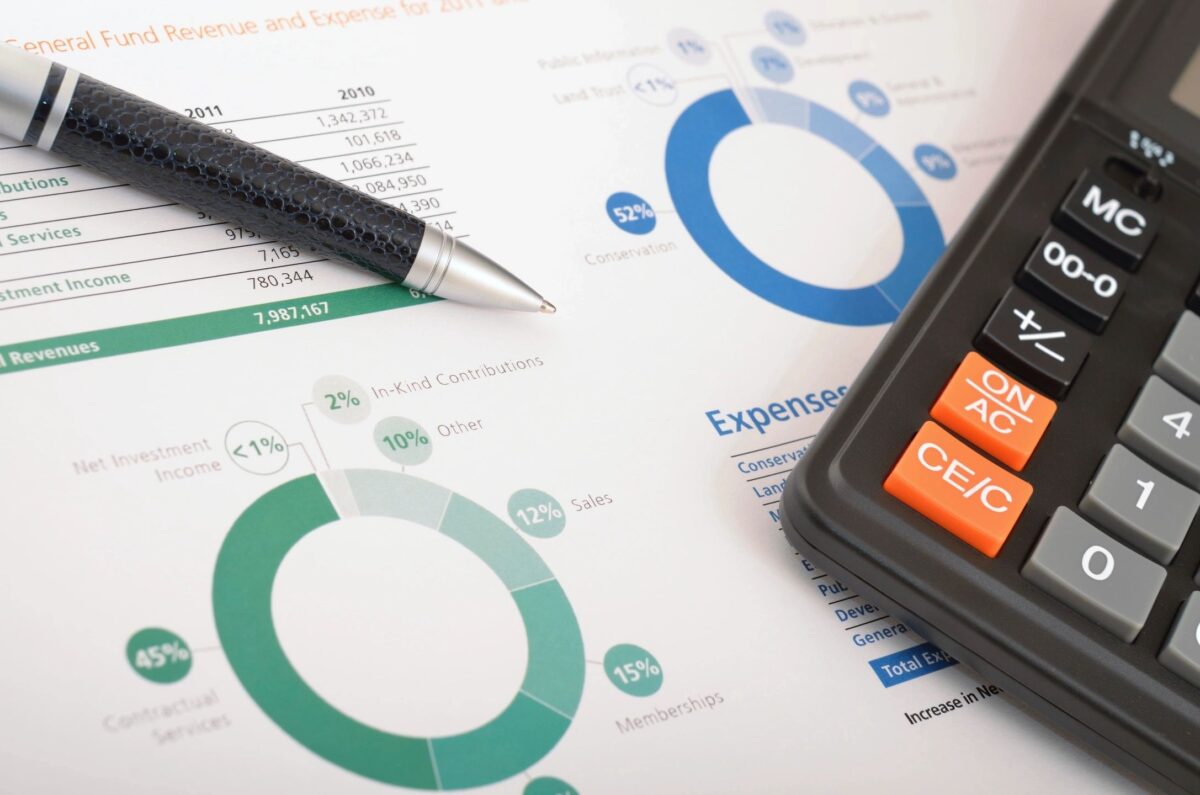The 2024 tax season is coming up. Which means that you may start receiving 1099 forms from various people/businesses. These 1099 forms are informational returns that are used to report a myriad of income items/payments to the IRS. Anything from consulting income to farm dividends. However, one form that most retirees get is the 1099-R. What is a 1099-R? And more importantly what do I do with it, and will I have to pay taxes on it?
What is a 1099-R
As you can probably guess (because it says it on the upper right-hand corner of the form). The 1099-R is the 1099 information return for “Distributions from Pensions, Annuities, Retirement or Profit-Sharing Plans, IRAs, Insurance Contracts, etc.”. In normal personal speak, it’s mostly used to state the amount distributed from a retirement account. However, it is also commonly used to report changes in IRA and 401K’s that are moved from one custodian to a different custodian/company. This is normally done when you switch jobs.
Key Boxes That You May See Filled In
Box 1 Gross Distribution
Pretty self-explanatory but this is where the total amount of the distribution is located. Please note that an amount in this box doesn’t mean that it is automatically taxable. You will want to give this to your accountant to check on your unique tax situation.
Box 2a and 2b – Taxable Income
This is the most important box bar none. The majority of the plans/financial service companies that issue this form will actually calculate the taxable amount for you. This is nice because you have an idea of how much taxes you will have to pay. However, box 2b is used when the taxable amount is not able to be calculated. If this is the case don’t panic, your accountant will ask some questions that will allow them to calculate what you owe, if you owe anything.
Box 3 Capital Gains
Not super common but if any part of the distribution was a capital gain, it will be reported on here and may have to be reported on your Schedule D as a capital gain.
Box 4 – Federal Income Tax Withheld
This is for any taxes that were withheld by your financial institution, or plan administrator when the distribution was made. This can happen for a myriad of reasons but in short, this will show up as taxes paid on your 1040 along with taxes withheld from other sources.
Box 7 – Distribution Code
This is an informational box, but it is important to your accountant to see if it was an IRA/SEP/401K/Etc.
Box 14 – 19 State and Local Information
These boxes are used to report state and local information that may be useful to use. These boxes are not mandatory to fill out for the issuer and are complimentary. If you have any state taxes withheld it will appear here and this information will be important for your state income tax returns. Also, any local taxes withheld will show up here if you’re lucky enough to live in a municipality that has local income taxes.
In Summary
In summary the 1099-R is a form that shows distributions from things like annuities, retirement plans and pensions. This form is useful in the sense that the taxable income is clearly stated in box 2 for the most part. However, it is important that you get a copy of this form to your accountant when you get one. If you don’t have an accountant, I just so happen to love helping clients solve their complex tax problems. If you’re looking for a new accountant, be sure to contact me here, and let me handle your taxes this next year.
